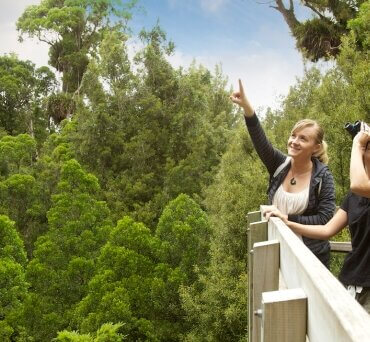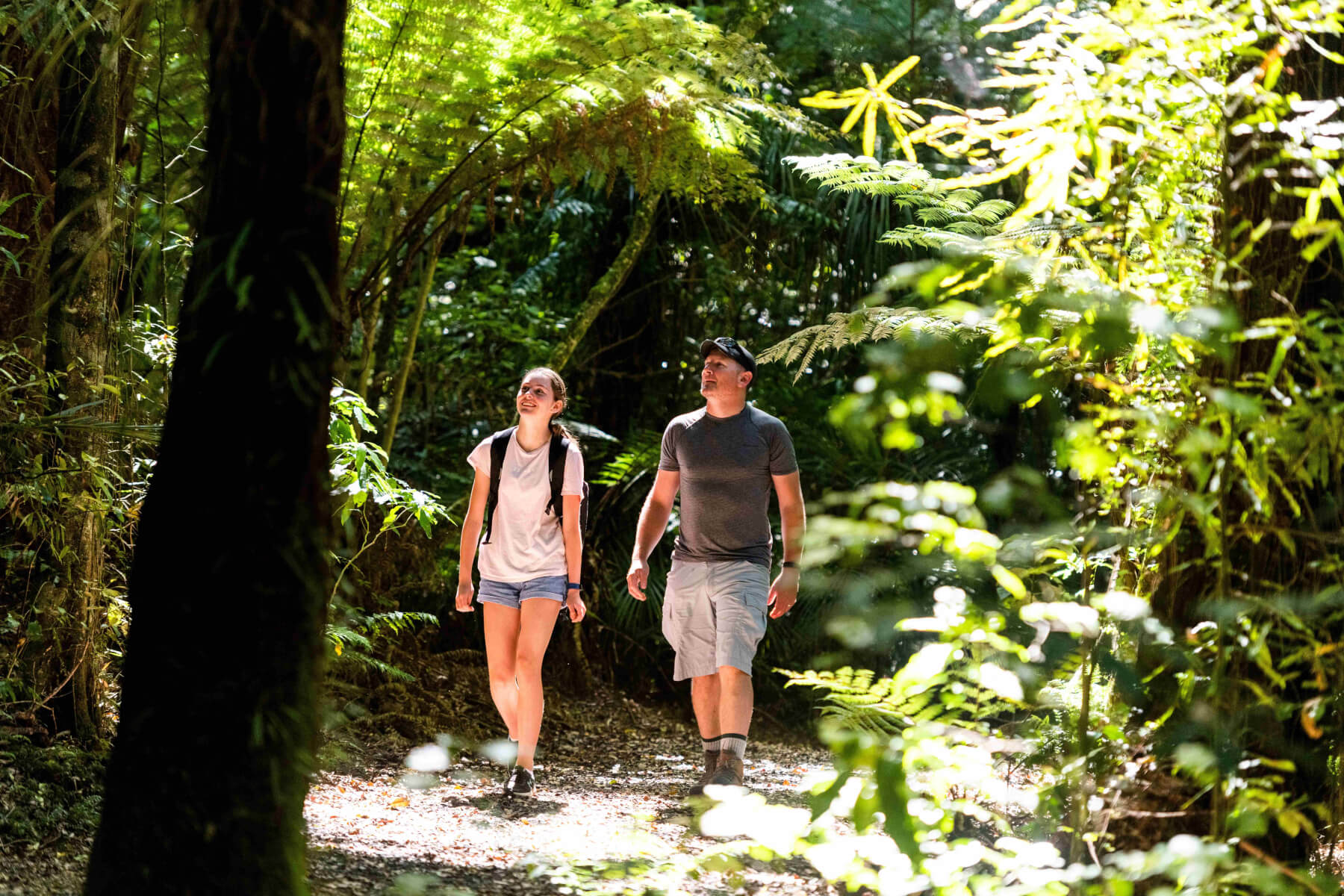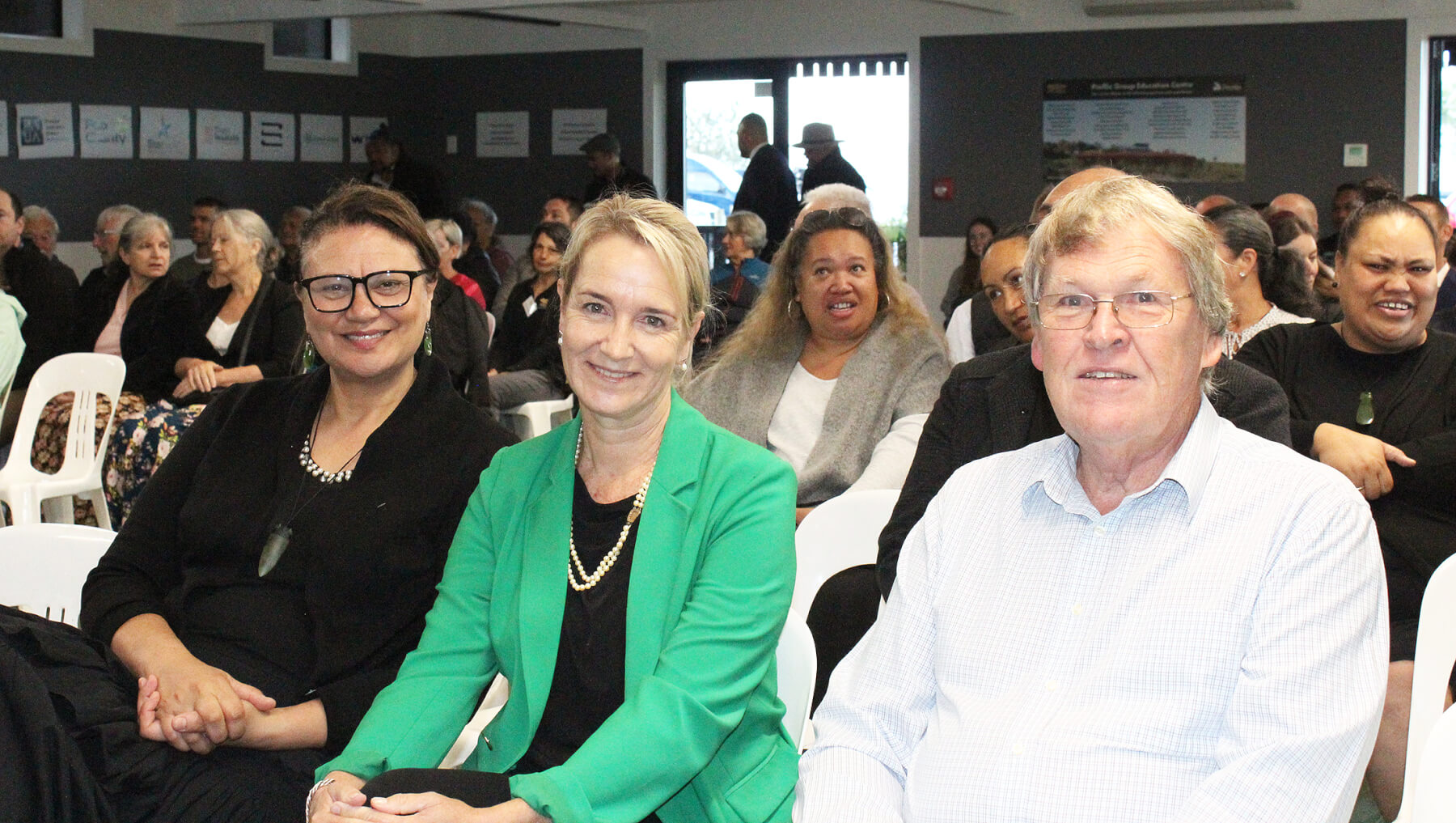
Sanctuary Mountain Maungatautari, viewing tower
The operators of the world’s largest predator proof fence at cash-strapped Sanctuary Mountain Maungatautari have turned to Conservation minister Tama Potaka for help.

Sanctuary Mountain Maungatautari. Photo: Hamilton and Waikato Tourism.
Taranaki-King Country MP Barbara Kuriger joined Potaka and Department of Conservation representatives at the mountain on May 4.
“We went out there and they explained the situation,” Kuriger said.

Barbara Kuriger
A cash flow crisis could force the closure of the $5000 a day project that provides habitat for endangered species such as kākāpō, kiwi, takahē, by the end of August. The loss of the contestable Department of Conservation Community Fund had cost the organisation $300,000 a year over the last four years and other sources of funding had dried up in the worsening economic climate.
“It’s such a taonga and we’ve got to find a way through this,” Kuriger said. “I don’t know what the way through is yet, but we’ve got to find a way.”
Of last month’s visit, Kuriger said: “I thought maybe they’ve got into some discussions that may be fruitful, but it doesn’t appear that that’s the case at this stage.”

Helen Hughes
Since then, Sanctuary Mountain Maungatautari general manager Helen Hughes had been in touch with Kuriger, and the pair planned to meet later in the month.
“I’ll talk to Helen and then potentially see who I can meet with to see if we can find a way through.”
Asked whether she was hopeful for Government help, Kuriger said: “We’ve got to ask that question because it is a beautiful place and the last thing, I want to see is this tip over. We have got to remember our biodiversity’s a big chunk of our value as a country. People come along, and they love this place. We have got to do everything we can to keep it. It might be a combination of government and other funds, but we need to look and see what is available, and we need to make it work.”
Waipā District Council and Waikato Regional Council have both supported the project since its inception in 2002.

Pamela Storey – Four
Waipā Finance and Corporate committee chair Andrew Brown declined to comment but Waikato Regional chair Pamela Storey called it an extraordinarily successful conservation project.
“Maungatautari Sanctuary Mountain is currently receiving $1,467,275 over four years ($350,718 plus GST in 2022/23; $361,240 plus GST in 2023/24; $372,077 plus GST in 2024/25; and $383,240 plus GST in 2025/26) through the council’s Natural Heritage Fund,” Storey said
“We have recognised the importance of investing more in mahi to protect and restore biodiversity in our region, so we are increasing the per property natural heritage rate from $5.80 per annum to $15. It will provide an additional $1.403 million per annum, enabling us to fund more work to protect our region’s unique plants, animals and marine life, and the indigenous ecosystems they live in.
“For the trust to be granted more funding, a formal request would need to be received, assessed and considered by councillors.”

Waipā mayor Susan O’Regan with her predecessor Jim Mylchreest at the opening of Sanctuary Mountain’s new education centre and at left, Linda Te Aho (Ngāti Koroki Kahukura).
Former Waipā mayor Jim Mylchreest, who managed the project from its inception in 2002 until 2009, said funding had always been a challenge.
“Preserving the wildlife and dealing with the people is secondary,” he said. “It would be a real shame if it got to the point where they had to close it down.
“It would be an absolute crime if all that money, time and commitment from so many people was at risk. It really does need a combined community effort to keep it going. It’s too valuable an asset for the for the nation to let it fold.”








